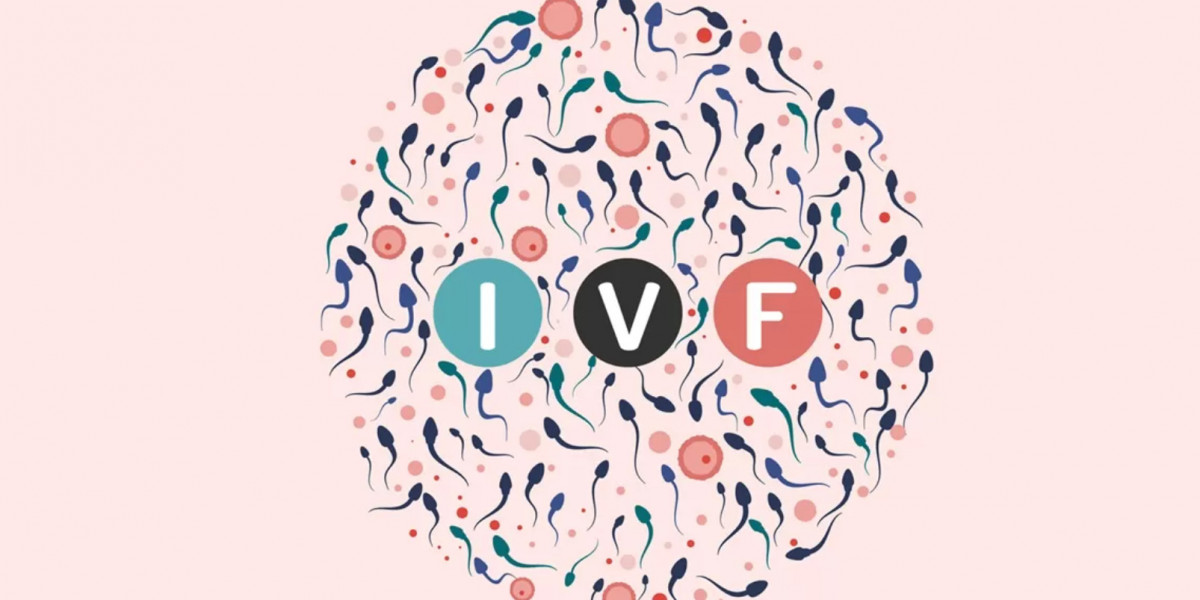In the journey toward parenthood, many couples turn to in vitro fertilization (IVF) as a hopeful solution. However, understanding the success rates of IVF treatment is crucial for managing expectations and making informed decisions. Let's delve into what these success rates entail and what factors can influence them.
Introduction to IVF Treatment
IVF is a reproductive technology used to assist with the conception of a child when natural conception is challenging. It involves fertilizing an egg with sperm outside the body in a laboratory dish. Once fertilized, the embryo is then transferred to the uterus.
Understanding Success Rates
Factors Affecting Success Rates
Several factors influence the success rates of IVF treatment, including age, reproductive history, underlying fertility issues, and the quality of the embryos.
Interpreting Clinic Data
Clinics often provide success rate data, but it's essential to interpret this information carefully. Success rates can vary widely between clinics due to differences in patient populations, treatment protocols, and laboratory techniques.
Average Success Rates
Global Averages
Globally, the average success rate per IVF cycle hovers around 30% for women under 35. However, success rates decline with age, with women over 40 experiencing significantly lower success rates.
Regional Variations
Success rates can also vary by region and country due to differences in healthcare systems, regulations, and access to technology. Factors such as socioeconomic status and cultural attitudes toward fertility treatments may also play a role.
Predicting Personal Success
Age and Fertility
Age is one of the most significant predictors of IVF success. Women under 35 generally have higher success rates compared to older women due to the quality of their eggs.
Previous IVF Attempts
Previous IVF attempts can also impact success rates. Couples who have undergone multiple unsuccessful cycles may have lower chances of success in subsequent attempts.
Improving Success Rates
Lifestyle Changes
Making lifestyle changes such as maintaining a healthy weight, avoiding smoking and excessive alcohol consumption, and managing stress can improve IVF success rates.
Supplemental Treatments
Some clinics offer supplemental treatments such as acupuncture, nutritional supplements, and fertility medications to enhance IVF outcomes. While research on their effectiveness is mixed, some couples find them beneficial.
Emotional Impact of Success Rates
Managing Expectations
Understanding the realities of IVF success rates can help couples manage their expectations and navigate the emotional rollercoaster of fertility treatment.
Coping with Disappointment
Experiencing unsuccessful IVF cycles can be emotionally challenging. It's essential for couples to seek support from loved ones, mental health professionals, or support groups to cope with disappointment and maintain hope for the future.
Conclusion
While IVF offers hope to many couples struggling with infertility, it's essential to approach treatment with realistic expectations. Success rates provide valuable insights into the likelihood of achieving pregnancy but are influenced by various factors. By understanding these factors and seeking support when needed, couples can navigate the IVF journey with resilience and hope.






